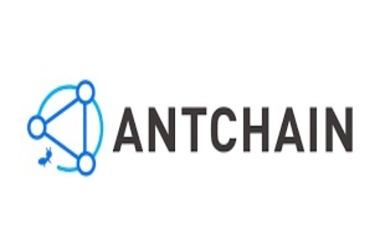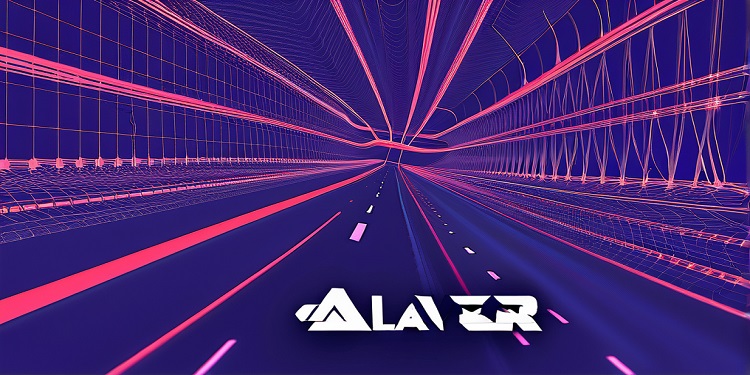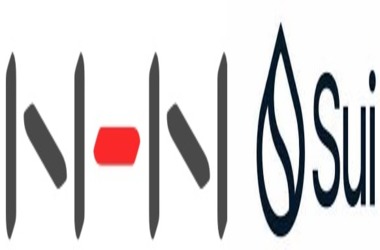 The European Union’s new battery regulation, which took effect on August 17, has cast a spotlight on the lithium-ion battery recycling industry. This regulation mandates recycling rates for critical materials in power and industrial batteries destined for the European Economic Area. As China’s adoption of new energy vehicles has surged in recent years, the lithium-ion battery recycling market in the country has experienced remarkable growth. However, this expansion has exacerbated long-standing issues of decentralization and disorganization within the market, resulting in environmental degradation and resource inefficiency. A traditional, costly, and inefficient “sampling” approach to recycling batteries has further compounded these challenges, necessitating a significant overhaul.
The European Union’s new battery regulation, which took effect on August 17, has cast a spotlight on the lithium-ion battery recycling industry. This regulation mandates recycling rates for critical materials in power and industrial batteries destined for the European Economic Area. As China’s adoption of new energy vehicles has surged in recent years, the lithium-ion battery recycling market in the country has experienced remarkable growth. However, this expansion has exacerbated long-standing issues of decentralization and disorganization within the market, resulting in environmental degradation and resource inefficiency. A traditional, costly, and inefficient “sampling” approach to recycling batteries has further compounded these challenges, necessitating a significant overhaul.
Blockchain Revolutionizing Battery Recycling:
Amid these challenges, blockchain technology has emerged as a potential solution capable of enhancing efficiency and reducing costs within the lithium-ion battery recycling sector. AntChain, the blockchain arm of Ant Group, has entered into a strategic partnership with Dudu Power, an electric two-wheeler battery swap company, since the previous year. This collaboration has introduced blockchain technology to Dudu Power’s network of 4,000 battery swap stations, revolutionizing the way battery data is handled and recycled.
Streamlined Data Management:
Traditionally, battery recycling companies disassemble battery packs and inspect the condition of individual battery cells, a time-consuming and resource-intensive process. Blockchain technology, renowned for its traceability and tamper-resistant characteristics, facilitates the secure transfer of precise battery data to downstream recycling entities. AntChain’s blockchain communication module seamlessly integrates with Dudu Power’s battery management system (BMS), ensuring that data pertaining to each battery cell, encompassing power levels, charge and discharge cycles, and overall battery health, is meticulously recorded on the blockchain.
Cost Reduction and Improved Efficiency:
Liao Zhicheng, the founder of Dudu Power, has affirmed that this integration of blockchain technology has significantly reduced inspection costs for recycling companies. Moreover, it has enabled Dudu Power to fetch three times the previous price for high-quality retired battery packs during the recycling process. AntChain estimates that the utilization efficiency of retired batteries can increase by 20–30% due to the implementation of blockchain technology.
Enhanced Lifecycle Transparency:
Chen Zhong, director of Peking University Blockchain Research Center, emphasized the ability of blockchain technology to accurately document the entire lifecycle of batteries, encompassing production dates and usage history. This immutable historical record has a positive impact on the circulation, utilization, and recycling of batteries, fostering transparency and trust within the industry.
AntChain’s Expansive Reach:
The collaboration with Dudu Power represents just one facet of AntChain’s multifaceted applications. AntChain boasts the world’s largest blockchain platform for new energy devices, with over eight million registered new energy devices. These devices span beyond two-wheeled electric vehicles to include their four-wheeled counterparts, energy storage batteries, and more. AntChain has formed strategic alliances with prominent battery recycling and energy storage companies such as Saft and Jiecheng New Energy, with the aim of establishing a comprehensive ecosystem centered around battery recycling.
Blockchain’s Role in the New Energy Industry:
Zhao Liangliang, deputy general manager of AntChain’s trusted industry products division, highlighted the natural synergy between the new energy industry and blockchain technology. The interconnected nature of this sector, involving numerous stakeholders and vast datasets, naturally gives rise to trust-related challenges. Blockchain technology presents an ideal solution to address these issues. AntChain is actively exploring additional use cases and scenarios within the new energy industry, with the overarching goal of alleviating industry pain points and contributing to the advancement of China’s new energy sector.
Conclusion:
As the EU’s battery regulation ushers in a new era of accountability in the lithium-ion battery industry, blockchain technology is proving to be a transformative force. Its ability to streamline data management, reduce costs, and enhance efficiency is revolutionizing battery recycling practices. AntChain’s strategic partnerships and expansive reach demonstrate the significant potential of blockchain to address the evolving needs of the new energy industry, ultimately fostering sustainability and trust in this crucial sector.








